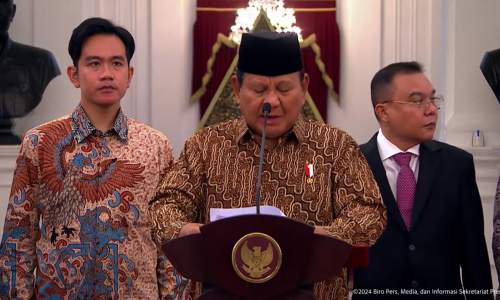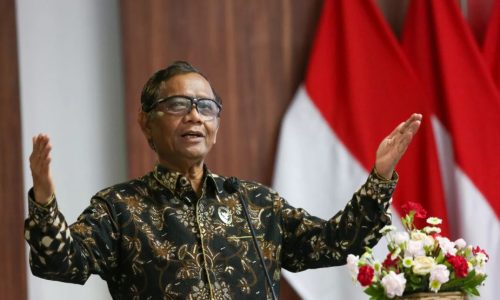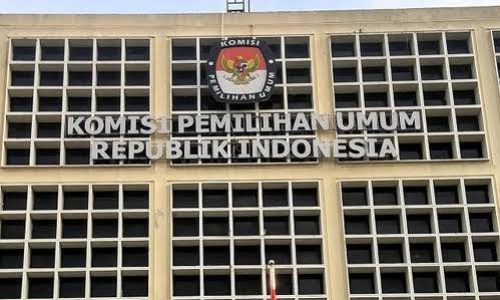Indonesia’s 2025 budget for the development of the new capital Nusantara (IKN) is set at Rp143.1 billion (US$9.2 million), significantly lower than the infrastructure support provided in 2022.
The year 2025 will mark the beginning of Prabowo Subianto’s presidency, with Gibran Rakabuming Raka as vice president.
This figure, detailed in the 2025 Financial Note Book II, represents a significant reduction compared to the Rp5.5 trillion allocated for infrastructure support in 2022.
Finance Minister Sri Mulyani Indrawati addressed the lower budget, explaining that the allocation is intentionally modest to allow the new administration to determine the appropriate funding based on its specific priorities and programs.
“If we look at it, the budget for IKN’s development seems small. This is because all these figures are just basic allocations,” Sri Mulyani told a media conference at her office on Friday, August 16, 2024.
She emphasized that the reduced budget serves to provide the elected president, Prabowo Subianto, with the flexibility to decide on the allocation that aligns with his administration’s agenda.
“Infrastructure support from the national budget will fall under the domain of the new government,” she said.
President Joko “Jokowi” Widodo has set the infrastructure budget for 2025 at Rp400.3 trillion in the Draft State Budget (RAPBN) 2025, which is lower than the Rp422.7 trillion allocated for the current year.
Despite the decrease, Jokowi’s infrastructure budget still includes provisions for the continuation of construction in IKN.
In addition to IKN, the infrastructure budget will focus on developing key sectors such as education, health, connectivity, food security, and energy.
“We have witnessed the progress of infrastructure development that is Indonesia-centric,” the president said in his State of the Nation Address at the House of Representatives (DPR) building on Friday, August 16, 2024.
Jokowi claimed that the infrastructure development during his administration has been equitable, covering the construction of toll roads, national roads, dams, irrigation systems, airports, and the ongoing construction of IKN.
To ensure the sustainability of IKN’s construction, the government plans to promote the Public-Private Partnership (PPP) scheme as the backbone of creative financing for the project. The PPP model is seen as essential for mitigating premium risks associated with private sector involvement in IKN’s infrastructure development.
“With this approach, it is hoped that non-government funding sources will participate in the construction of IKN,” the government said as quoted in the 2025 Financial Note Book II released on Friday, August 16, 2024.









